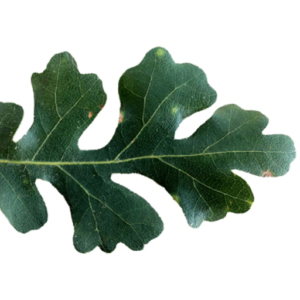About me
Lily is an Evolutionary Biology researcher, interested in protecting and conserving the natural environment, and how anthropogenic processes affect the health and evolution of ecosystems. Specifically, I am interested in how a better understanding of evolutionary change can be applied for conservation to solve the problems of the future. I enjoy sharing this fascination for the natural environment and the discoveries from my work with diverse groups of people.
I am currently a postdoctoral scholar at the University of California, Los Angeles with Victoria Sork. My research focusses upon the evolution of climate-adaptation in trees, specifically exploring genetic and epigenetic markers in trees of conservation importance. Forests account for nearly half of all global terrestrial carbon stocks and biodiversity, in addition to providing important benefits to society. However, trees are already poorly adapted for today’s climate, which will worsen in warmer climates of the future. Conservation science aims to protect species from anthropogenic harm (i.e. human-caused such as habitat disturbance, fragmentation and climate change) resulting in extinction. The human genome project revolutionised the study and treatment of human disease, and the same could be true for new and sophisticated application of genomic resources to conservation projects.
I completed my PhD at the Grantham Institute for Climate Change and the Environment, Imperial College London with Tim Barraclough and Matt Ryan. My PhD focussed on the use of optimally preserved fungal culture collection strains in understanding the evolution and emergence of new types of disease. Efficient food production methods are needed that guarantee adequate supply and economic returns, whilst limiting the environmental impacts such as habitat modification, pesticide use and eutrophication. One of the main areas for tackling these problems is in the control of pathogens. Pathogens and their associated crop hosts have been locked in an on-going co-evolutionary process for millennia of “boom and bust cycles” of disease epidemics, and a key challenge is predicting these outbreaks of disease.
I have recently moved from London to Los Angeles with my partner – a big change, but the change in weather has been very welcome. I am now enjoying getting stuck into Californian nature and go for a weekly trail run every weekend.
Publications
Zhang, X., Peck, L. D., Flood, J., Ryan, M. J. & Barraclough, T. G. (in press), ‘Temperature contributes to host specialization of coffee wilt disease (Fusarium xylaroides) on arabica and robusta coffee crops’, Scientific Reports
Peck, L. (2023), Coffee wilt disease – the forgotten threat to coffee, Technical report, British Society for Plant Pathology, London.
Ryan, M. J., Peck, L. D., Smith, D., Flood, J. & Barraclough, T. G. (2022), ‘Culture collections as a source of historic strains for genomic studies in plant pathology’, Journal of Plant Pathology 1, 1–6.
Peck, L. D., Nowell, R. W., Flood, J., Ryan, M. R. & Barraclough, T. G. (2021), ‘Historical genomics reveals the evolutionary mechanisms behind multiple outbreaks of the host- specific coffee wilt pathogen Fusarium xylarioides’, BMC Genomics 22(1), 1–24.
Collaborators
Prof. Pietro Spanu, Imperial College London
Prof. Tatiana Giraud, Université Paris Saclay
Dr. Jeanne Ropars, Université Paris Saclay
Dr. Julie Flood, CABI
Dr. Reuben Nowell, University of Edinburgh
